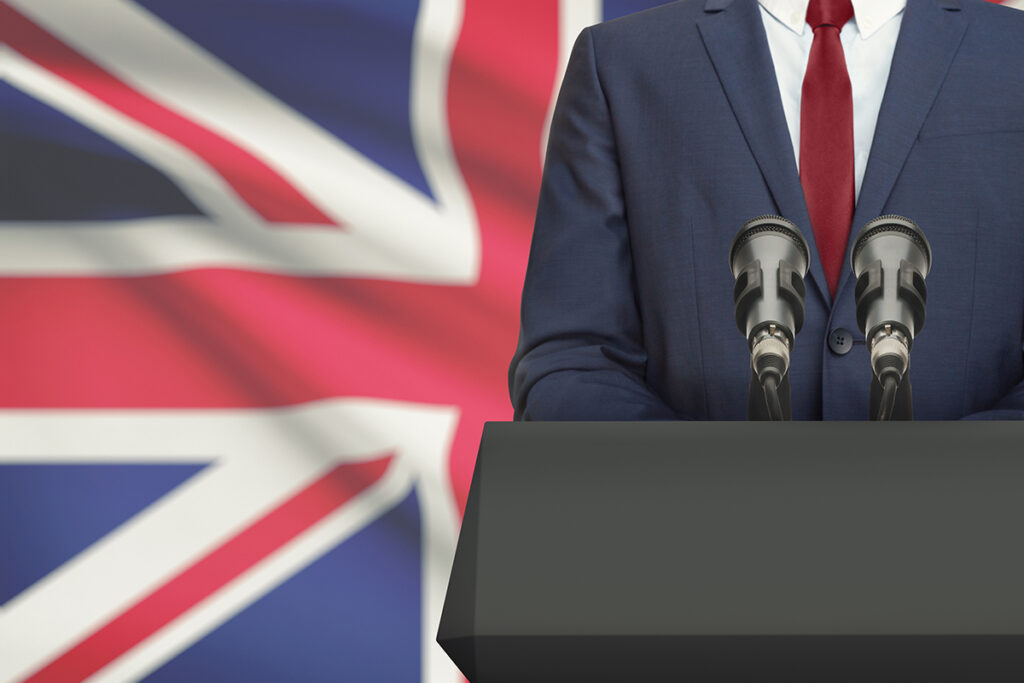Amidst mounting concerns regarding the growing influence of financial powerhouses in UK politics, Michael Gove’s recent decision to hike campaign spending limits has set off a flurry of activity in political advertising as the country braces for the forthcoming general election. The move, marked by an 80% escalation in party spending caps and a nearly one-third increase in candidate spending limits, has reignited debates surrounding the sway of affluent donors in shaping the nation’s political terrain.
Critics contend that this adjustment further consolidates the dominance of big money in UK politics, with a disproportionate share of contributions stemming from a select group of ultra-wealthy individuals. From corporate entities lavishing MPs with complimentary event tickets to direct funding injections into political parties, financial influence casts a long shadow over Westminster, prompting serious questions regarding transparency and accountability.
The issue transcends mere monetary contributions. Affluent donors, often rewarded with seats in the House of Lords, gain privileged access to senior politicians, potentially exerting substantial influence over policy decisions shielded from public scrutiny. Boris Johnson’s contentious appointment of major donor Peter Cruddas, against advisories, underscores the deficiencies in the existing oversight mechanisms.
Furthermore, substantial donors wield their influence in nuanced yet impactful ways, including securing discreet meetings with policymakers or advancing personal agendas. Mohamed Amersi, a former Tory benefactor, has shed light on the entitlement that accompanies substantial contributions, suggesting that donors harbor expectations of steering political outcomes.
Demands for reform persist, with suggestions ranging from capping individual donations to augmenting state funding for political entities. The Committee on Standards in Public Life, in a 2011 report, proposed a £10,000 cap on individual contributions alongside a proportional rise in state funding. While such measures might encounter resistance from party headquarters, proponents argue they are imperative to counter the undue influence of affluent individuals.
Public sentiment resonates with the necessity for stricter regulations, with a significant majority expressing apprehensions regarding the sway of affluent donors in governmental affairs. Nonetheless, the journey towards reform is riddled with obstacles, notably in addressing union contributions, which play a pivotal role in party financing.
Despite these challenges, the imperative for change is undeniable. The erosion of public confidence in the political process mandates resolute action to rejuvenate faith in democracy. Delaying reforms until the next funding scandal erupts risks further corroding public trust in the integrity of UK politics.
As the nation braces itself for another election cycle, the discourse surrounding the role of financial behemoths in politics shows no signs of abating. Whether policymakers heed the clarion call for reform remains to be seen, but one thing is unequivocal: the influence of money in politics stands as a pressing issue that cannot be brushed aside.


